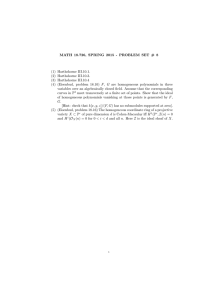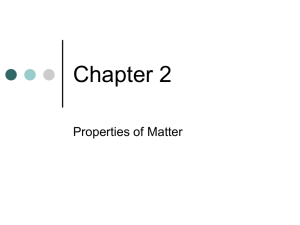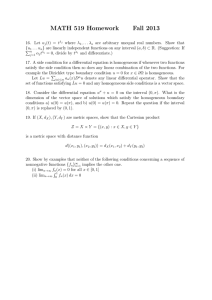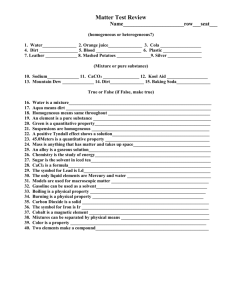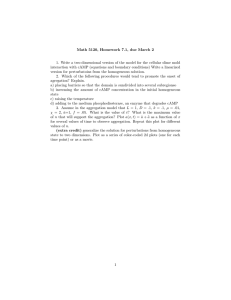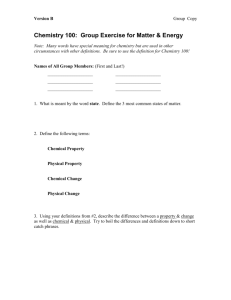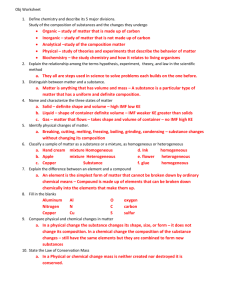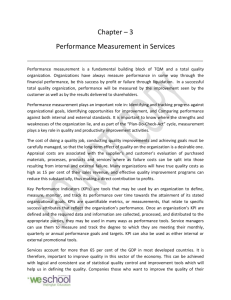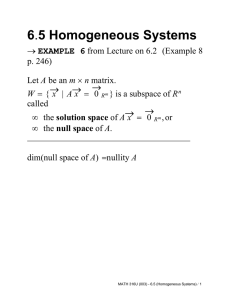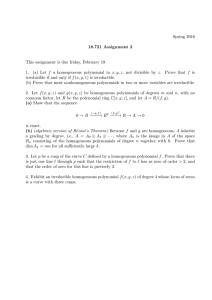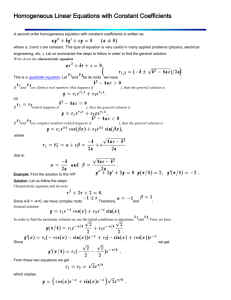Regions
advertisement
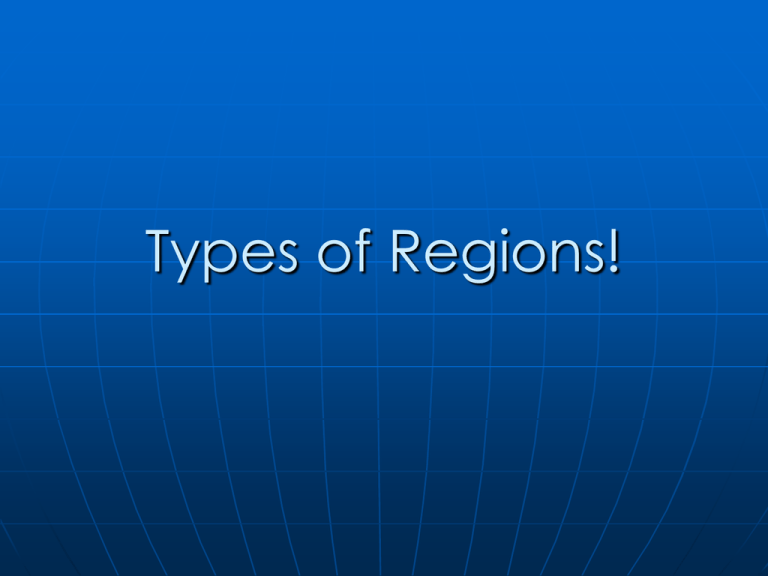
Types of Regions! Formal Regions Homogeneous regions or Uniform Regions frequently used to outline governmental, physical, cultural and economic areas. At least one characteristic must be homogeneous Some familiar examples include, Canada, the Rocky Mountains, the Islamic World, or the rice-growing areas. Formal Formal Functional Regions Nodal Regions or Network Regions Frequently used for service areas, for example, areas served by a particular utility company. The region is defined by the point-to-point nature of activity. Functional regions describe networks of activity—for example, delivery routes. US District Courts: Functional Sau Paulo Perceptual Maps Vernacular regions constructed by peoples' perception and therefore vary in extent from person to person. They exist because people refer to them as if they are real. Perfect examples are provided by the terms Midwest, Dixie, and Down East. If you gave people maps of the United States and asked them to drawn a line around any of these regions their boundaries would vary considerably. Sunbelt
